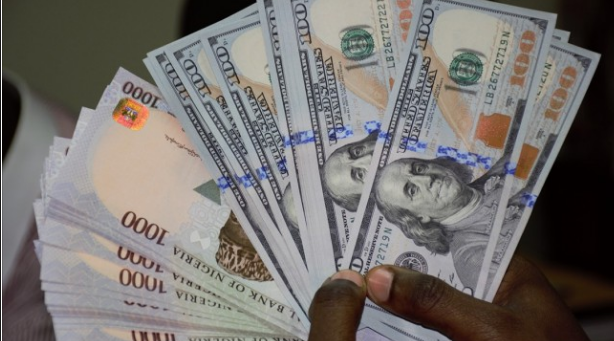Nigeria’s foreign exchange reserves experience a sharp decline, falling by $832.62 million between January 6 and January 21, 2025, according to data from the Central Bank of Nigeria (CBN).
This marks the biggest drop since April 2024, raising concerns about the country’s external liquidity and the stability of the foreign exchange market.
CBN data shows that Nigeria’s gross external reserves stand at $40.92 billion on January 6, 2025. By January 21, the figure drops to $40.09 billion, reflecting a 2.03% decrease in just two weeks.
After maintaining relative stability for the past five months, reserves are now at a two-month low. If the downward trend continues, reserves may fall below $40 billion before the end of January.
The CBN’s data reveals a steady drop in reserves over the review period:
- January 10 – January 13: Reserves decline by $167.1 million.
- January 6 – January 13: A total drop of $502.5 million.
- January 6 – January 21: The cumulative reduction reaches $832.62 million.
- January 13: Reserves fall below $40.6 billion for the first time in January.
- January 15: The figure drops further to $40.42 billion.
- January 21: Reserves decline to $40.09 billion.
Several economic factors contribute to the sharp drop in foreign reserves, including:
- Rising demand for foreign exchange for imports and international trade.
- External debt servicing obligations.
- Capital flight driven by investor concerns over macroeconomic stability.
- Reduced CBN interventions in the FX market to stabilize the naira.
In April 2024, Nigeria experiences a similar trend when reserves fall by approximately $2.16 billion in 29 days, bringing the total down to $32.29 billion by mid-April. At the time, the CBN governor, Yemi Cardoso, attributes the decline to debt repayments and other financial obligations, rather than active efforts to defend the naira.
With reserves now on a downward trajectory, analysts warn that the CBN’s ability to support the naira and manage exchange rate volatility may weaken further in the coming months.














